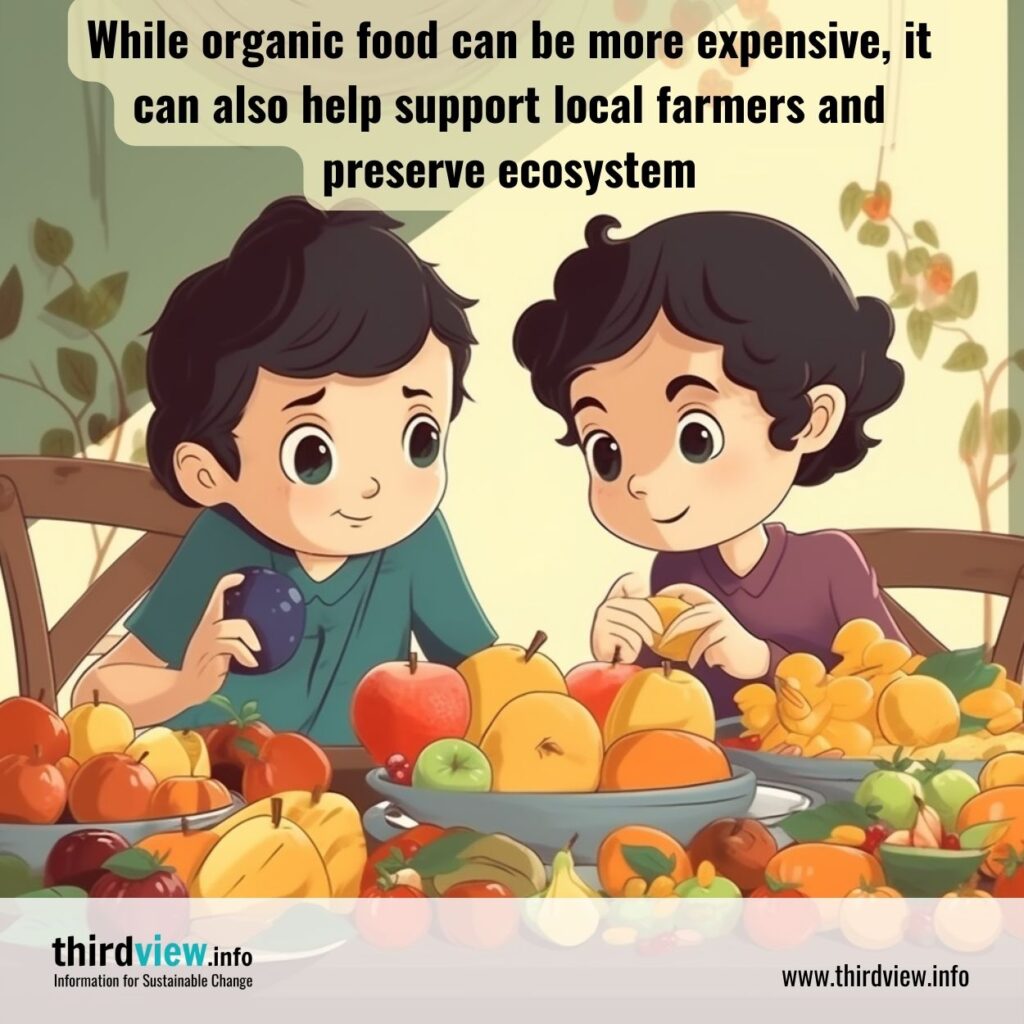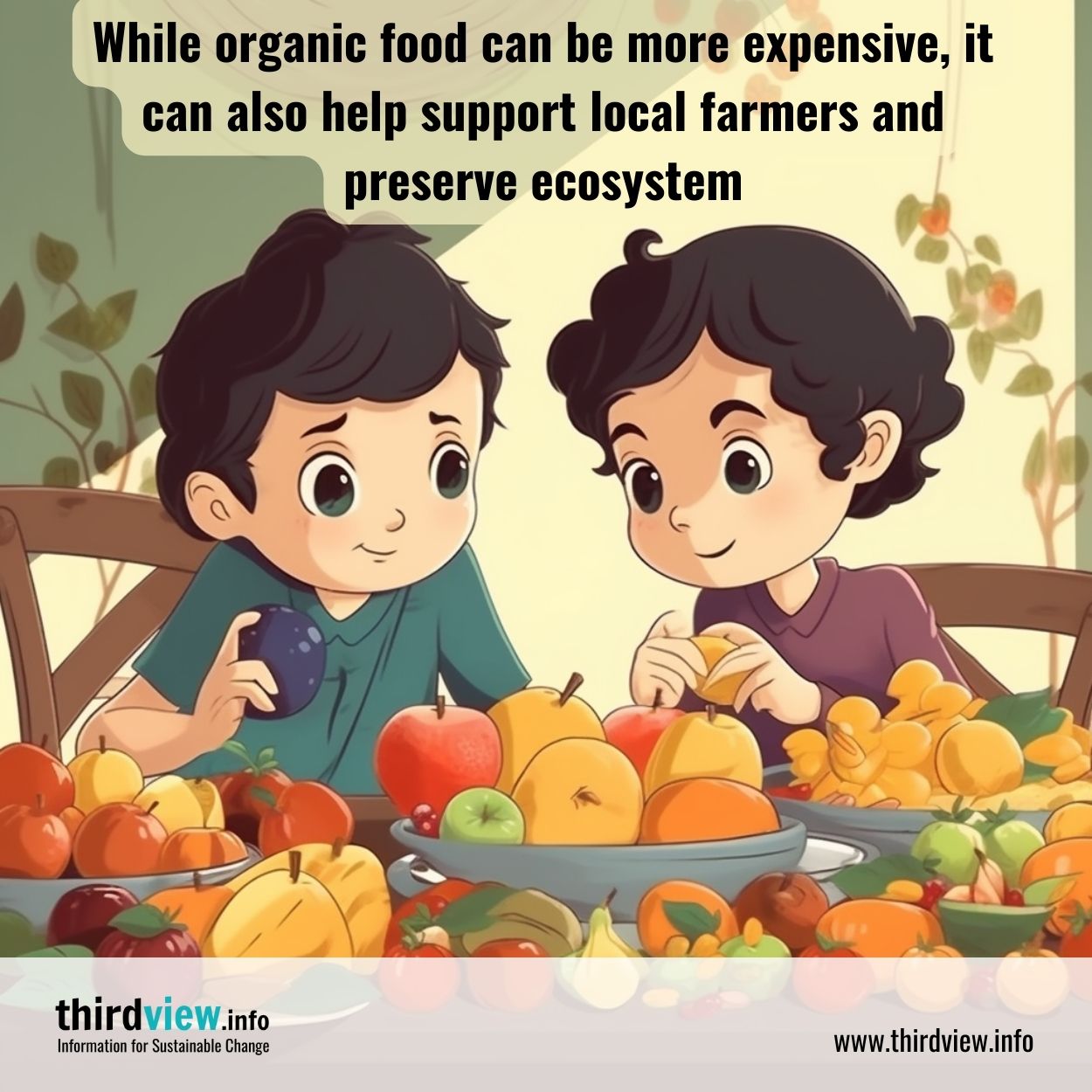Going organic has been a growing trend in recent years as people become more aware of the importance of healthy living. Eating organic foods is a great way to reduce your exposure to harmful chemicals, while also supporting sustainable farming practices. But is it the ultimate solution? Let’s take a look at how going organic can benefit you and the environment.
The Benefits of Eating Organic Foods
Organic food is grown without the use of synthetic pesticides, herbicides, or fertilizers. This means that when you buy organic produce, you are minimizing your exposure to chemicals that can be potentially hazardous to your health. Organic farming is also better for the environment since it does not require large amounts of water or energy-intensive nitrogen fertilizers. In addition, eating organic food can help support local farmers and promote sustainable agriculture practices by reducing dependence on chemical inputs and preserving ecosystem services such as pollination and soil health.
The Drawbacks of Going Organic
Unfortunately, there are some drawbacks associated with going organic. The most obvious one is costs; organic food tends to be significantly more expensive than conventional foods. This means that many people who would benefit from eating an all-organic diet may not be able to afford it due to financial constraints. Additionally, some studies have found that there may not actually be any additional nutritional benefits associated with eating organic foods compared to conventionally grown foods. Finally, not all products labelled “organic” are created equal; some companies may try to cut corners by labelling their products as “organic” even when they do not meet official standards set by governments. For these reasons, it’s important to do your research before committing to an all-organic diet. Some government websites offer a wealth of information about what qualifies as an “organic” product and what doesn’t so you can make sure that you are buying quality products for maximum health benefits.
In conclusion, going organic has its pros and cons—just like any other lifestyle choice. On one hand, eating organic food reduces your exposure to potentially harmful chemicals while supporting sustainable farming practices; on the other hand, it can be expensive and there may not be any additional nutritional benefits associated with eating organically grown produce compared to conventionally-grown produce. Ultimately, everyone will need to decide for themselves if going organic is right for them based on their budget and lifestyle preferences. Regardless of whether you choose an all-organic diet, making sure that your food is free from harmful chemicals is always a good idea in order to ensure optimal health.


